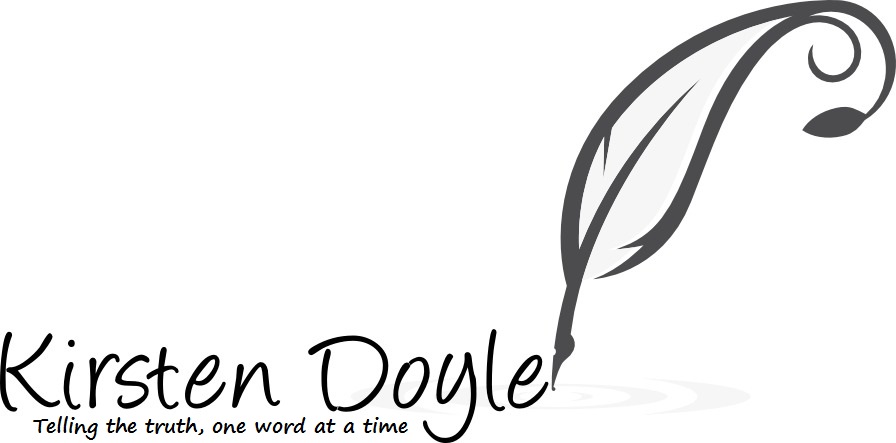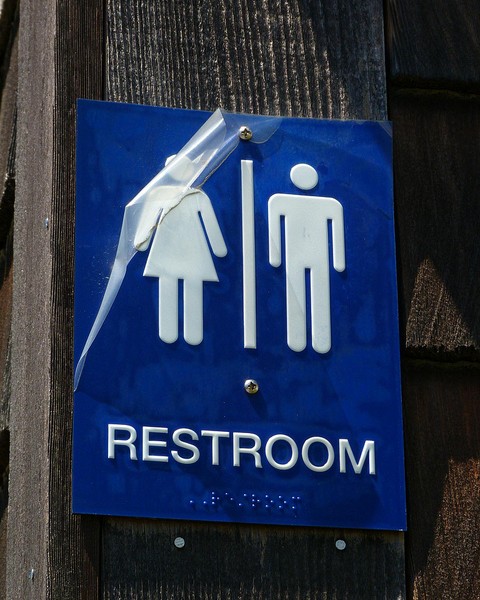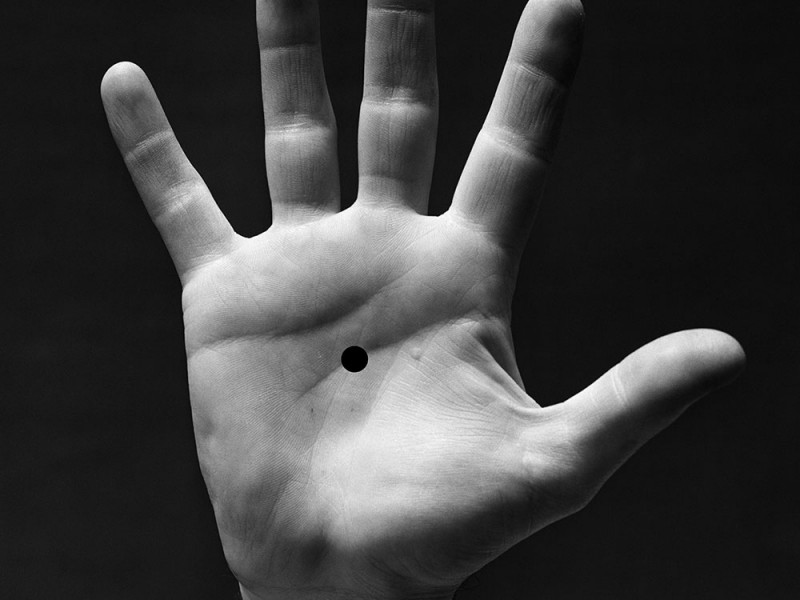When I was a teenager in the 1980’s, a journalist came to my school one year to give the keynote speech at our annual Prizegiving night. Prizegiving was a big deal in my school, and the keynote speaker was always selected with a great deal of care. The fact that a journalist made the cut is a testament to the fact that journalism as a profession was held in high regard.
The journalists themselves were not always well-liked. They were often seen to be predatory and ruthless. They would go to all kinds of lengths to get a story, and they weren’t always sensitive to the feelings or privacy of the people they encountered along the way.
But they told the truth. No self-respecting journalist would knowingly put out information that had not been thoroughly fact-checked and verified. If you read something in a newspaper, you could be fairly confident that it was true. If something was printed that was later found to be inaccurate, the journalist would own up to the mistake and correct it.
I wouldn’t go so far as to say that journalistic integrity has gone the way of the dodo – there are, and always will be, journalists who care about accurate reporting – but there does seem to be a troubling trend of newshounds who want to get the story first instead of getting the story right.
One of the starkest examples of this was the school shooting at Sandy Hook Elementary School in 2012. It is inevitable for there to be some confusion in the immediate aftermath of such a tragedy, but the amount of misinformation that was put out by the media was staggering. We heard that the perpetrator’s mother worked at the school (she didn’t), that his father was dead (he’s alive and published a message of condolence), that school staff buzzed the shooter in through the front door (they didn’t – he broke in through a window), that he was involved in an altercation with four staff members the previous day (there is no evidence that he was), that police had a second shooter in custody (there wasn’t a second shooter), and that the shooter had been identified as Ryan Lanza (the shooter was Adam Lanza).
Many of those blunders wouldn’t have happened if the journalists reporting them had taken the time to do a bit of fact-checking. Yes, it might have taken a bit longer to get the story out, but at least it would have been more accurate. Ryan Lanza, who already had to face the reality that his brother had killed twenty-seven people including his mother, wouldn’t have had to deal with the fallout of being so publicly and falsely named as a mass-murderer.
This kind of false information is made even more damaging by the explosion of social media. Once a story is reported on the Internet, it spreads like wildfire and is taken as gospel, regardless of how much truth it contains. Gone are the days when a reporter could correct something by printing a retraction in the newspaper. In an age where information is disseminated around the world instantly, as things happen, the truth has a way of getting buried in the sensationalism and the lies.
The media has a greater responsibility than ever before to make sure the stories being out put into the world are as accurate as possible. We cannot publish something first and check our facts later. Because while all of those lies and inaccuracies are spreading exponentially across the Internet, the public is being misled, investigations are being hampered and lives are being damaged.
We need to resurrect that pride in truth and accuracy that used to be the norm in journalism. We need to bring the true meaning of journalistic integrity back to life.
By Kirsten Doyle.
Photo by Terje Skjerdal. This picture has a creative commons attribution license.




'The Demise Of Journalistic Integrity' has no comments
Be the first to comment this post!